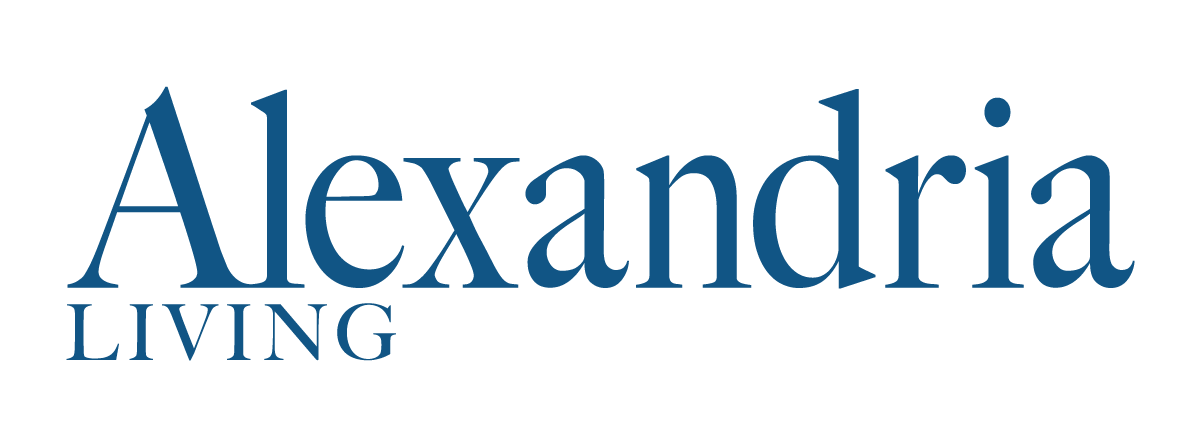
Design by Freedom
Local Alexandria resident Freedom Fonner is challenging people to rethink their relationship with trash, coffee and endangered species.
Many of us rely on a cup of coffee to get us going in the morning, whether we brew a cup at home or stop by our favorite café. Statistics indicate that 64 percent of Americans over the age of 18 drink coffee and that together, Americans drink about 400 million cups of coffee a day. What few of us think about is the impact that our daily cup of joe has on the environment.
The majority of coffee shops serve beverages in single-use disposable cups and sleeves made of paper and plastic. When these cups and sleeves are tossed after use, they end up in our streets, rivers and landfills, contributing to greenhouse gases, climate change and the extinction of wildlife.
Fonner and her team at Design by Freedom developed a product to combat some of these issues called “The Freedom Sleeve.” According to their website, “The Freedom Sleeve is a multi-functional, reusable and compostable coffee sleeve.
It is designed to give your favorite mug, your mason jar or an on-the-go coffee cup an amazing, non-slip grip.” The environmental benefit of The Freedom Sleeve doesn’t stop there. Every month, the company is donating 100 percent of their revenue from the first five days of the month and 25 percent of their revenues for the rest of the month to partner nonprofits.
The large demand for coffee and the cups we drink them in has also led to unethical and earth-damaging farming practices. The banning of reusable cups in the face of COVID-19 has only heightened the problem. In order to grow more coffee and paper cups and sleeves, many old-world forests are cut down disrupting habitats. Many coffee farm workers are underpaid for labor intensive work.
Ironically, climate change is threatening the very future of coffee itself. A study published in “Science Advances” in 2019 said that 60 percent of all coffee species are facing extinction.
There are efforts to ensure that coffee is grown using more sustainable methods. In 1996, the Smithsonian developed their Bird Friendly® Coffee certification that seeks to protect migratory birds and support shade-grown coffee farms. Shade-grown coffee is grown at the base of old-world trees, protecting the natural ecosystem.
For the month of August, the donations will be going to the Tsavo Trust, an organization that is fighting for the preservation of the Super Tusker elephants. These elephants have been hunted for their large tusks and only 25 exist in the world today. COVID-19 has only made reality worse for the Super Tuskers and many other endangered species. Non-profits have faced severe budget cuts in these times of economic uncertainty which have led to decreased surveillance and an increase in pandemic-induced poaching.
Fonner encourages people to consider doing the following three actions:
- Choose shade-grown coffee and ask local coffee shops how their coffee is sourced.
- Figure out ways to invest in conservation and support businesses that do as well.
- Consider where in your everyday coffee consumption that you can make a difference.
To find out more, join Fonner and conservationists Richard Moller and James Currie for an open conversation about saving wildlife during the COVID-19 pandemic on Friday, July 31 at 11 a.m.
Register for this virtual event here: www.thefreedomsleeve.coffee/coffeechat.

Design by Freedom
